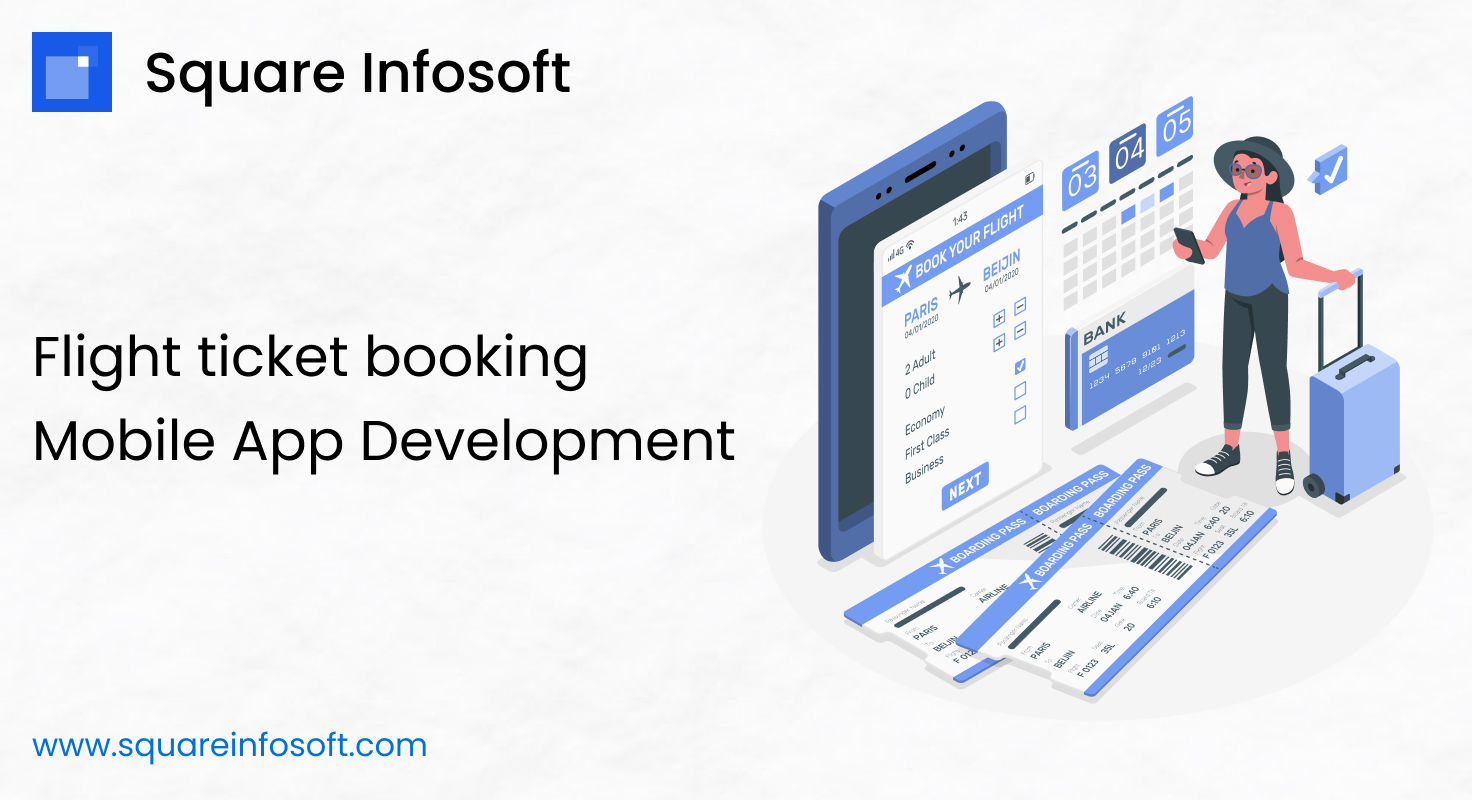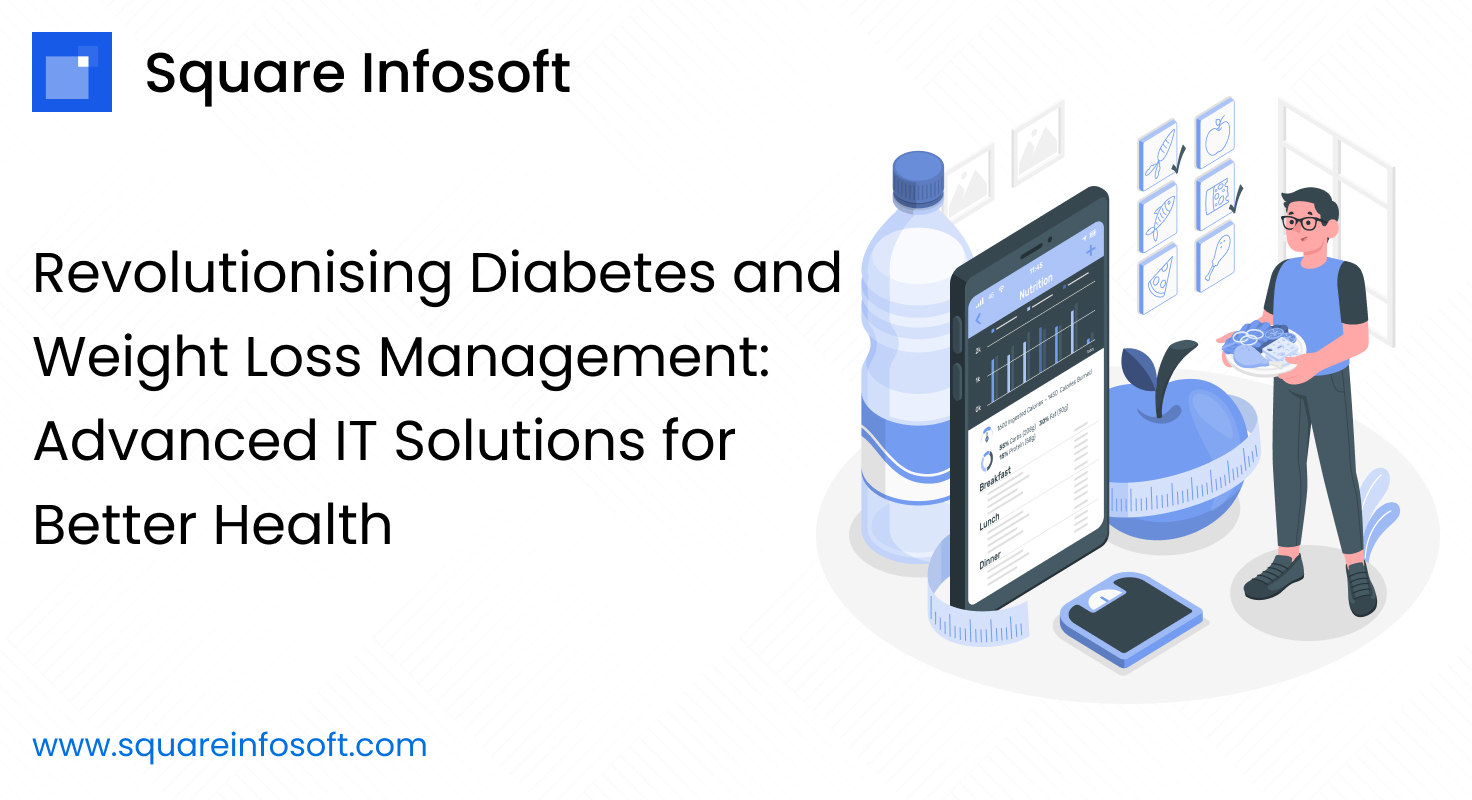Developing a flight ticket booking mobile app can provide travelers with a convenient and efficient way to plan and purchase flight tickets. Here’s a step-by-step guide to help you get started with the development of a flight ticket booking app:
1. Define Objectives:
- Determine the primary purpose of your app (e.g., booking flights, checking flight schedules, accessing travel information).
- Identify your target audience (e.g., leisure travelers, business travelers, frequent flyers).
2. Market Research:
- Research existing flight ticket booking apps to understand their features, strengths, and weaknesses.
- Identify unique features or improvements that can set your app apart.
3. Planning and Conceptualization:
- Outline the core features and functionalities of your flight ticket booking app.
- Consider features for flight search, booking, real-time flight tracking, and user convenience.
4. Feature Set:
- Develop a comprehensive list of features for your app, including:
- User registration and profiles.
- Flight search and availability.
- Booking and payment processing.
- E-ticket generation and storage.
- Real-time flight tracking and updates.
- Airport information and maps.
- Offline access to flight schedules and travel information.
- User reviews and ratings.
- Travel alerts for flight delays and gate changes.
- Customer support and help center.
5. Design and User Experience (UX):
- Design an intuitive and visually appealing UI for your app.
- Ensure the design is user-friendly and responsive on various screen sizes.
- Focus on providing an efficient and seamless flight booking experience.
6. Backend Development:
- Build a robust backend system to manage user accounts, flight data, and payment transactions.
- Implement real-time updates for flight availability and tracking.
7. Payment Processing:
- Integrate secure payment gateways to handle flight ticket purchases.
- Ensure compliance with financial regulations and user data security.
8. Flight Data Integration:
- Collaborate with airlines or flight data providers to source flight schedules, availability, and tracking information.
- Implement APIs or data feeds for real-time flight data.
9. Testing:
- Conduct thorough testing, including functional testing, usability testing, and payment processing testing.
- Test the app on various devices and screen sizes.
- Address any bugs or issues identified during testing.
10. Deployment: – Deploy the app to app stores (Apple App Store, Google Play Store). – Prepare marketing materials, including app descriptions, flight schedules, and promotional campaigns.
11. Marketing and Promotion: – Develop a marketing strategy to promote your app and attract users. – Utilize social media, email marketing, and partnerships with airlines or travel agencies.
12. Monetization: – Decide on a monetization strategy (e.g., transaction fees, service charges, premium subscriptions, ads). – Offer promotional discounts and loyalty programs.
13. Legal Considerations: – Ensure compliance with aviation and travel regulations related to flight ticket sales. – Address legal requirements for refunds, cancellations, and passenger information privacy.
14. Updates and Maintenance: – Regularly update the app with new features, flight schedules, and bug fixes. – Stay informed about the aviation industry trends and emerging technologies.
Developing a flight ticket booking app requires a high level of accuracy, reliability, and security to ensure a seamless experience for travelers. By providing users with easy access to flight information and ticket booking options, your app can become a valuable tool for travelers worldwide.




